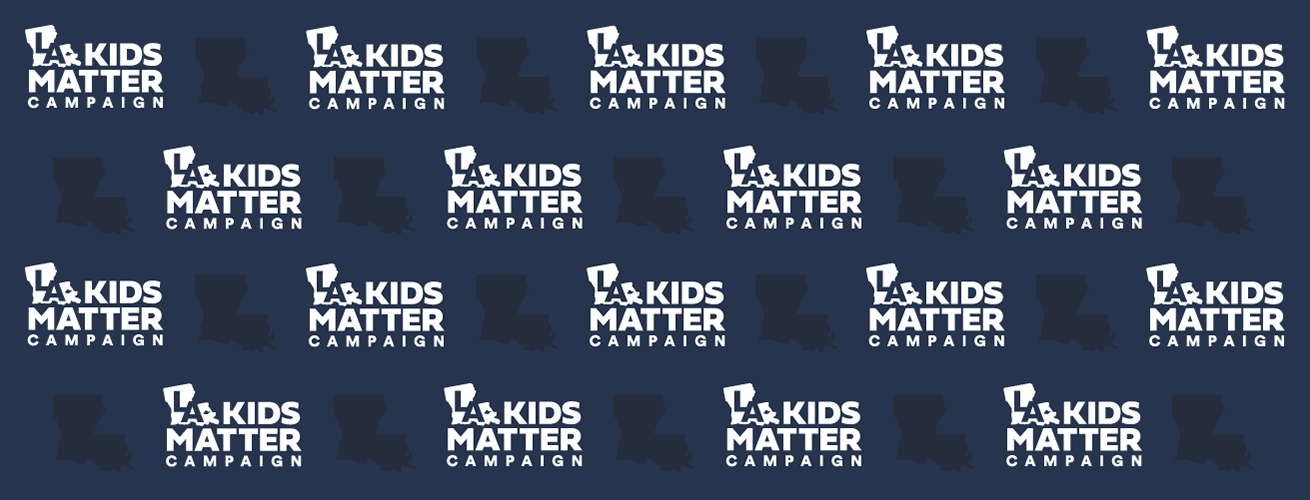Three months ago, we launched the 2020 policy goals of our local campaigns. With the needs of students and their families changing so dramatically since then, for the first time in our 10-year history we are revising these goals mid-year to account for the shifting needs of this new reality.
Throughout this crisis, our local teams have been working closely with students, parents and teachers to understand how best to support them in this difficult time. These new goals focus on addressing essential policy questions for the summer and fall: how best to use federal stimulus funds to help all schools make the transition to this new reality, how to ensure families have accurate information on their children’s progress, how to close digital divides and how to stay focused on students’ needs when they return in the fall.
CarolinaCAN
- Ensure that federal and state stimulus funding is given equitably based on student enrollment to all types of North Carolina schools–traditional public, public charter, and private.
- Ensure North Carolina’s students and their families have an accurate read on their academic performance by requiring districts to choose from using either A-F grades or a pass/fail system, with feedback for parents for all students.
- Start school two weeks early to allow for students to be assessed, and individualized student plans to be created to catch every kid up.
- Give at least 10,000 more North Carolina children access to multiple school options.
ConnCAN
- Ensure that federal and state stimulus funding is distributed equitably based on student enrollment to all types of Connecticut schools– traditional public, magnet, and public charter.
- Create a universal screening to assess student learning at the start of the 2020-2021 academic year, and provide the information to parents so they can decide on the next academic step for their children (promotion or retention).
- Require the State Department of Education to approve district learning plans to ensure students will continue learning if schools are either closed or school environments look differently due to social distancing policies.
- Provide all students access to digital learning devices and internet connectivity to aid digital instruction.
- Create equitable funding for public schools of choice.
- Form a cross-sector Achievement Gap Task Force.
GeorgiaCAN
- Require that all districts develop high-quality continuous learning plans.
- Give all students equitable access to digital learning devices and internet connectivity to aid digital instruction.
- Expand and promote additional learning opportunities for students outside of the traditional school day and school year.
- Fund quality professional development for educators on distance learning best practices.
- Provide for a fall assessment of all students, and use the information to ensure that teachers and parents have insight on each student’s learning level.
- Continue to advocate for Georgia Special Needs Scholarship Program, the growth of high-quality charter schools, the teacher retirement system, accountability and transparency, and enrolling and ultimately completing post-secondary education.
DelawareCAN
- Expand access to digital learning devices and high-speed internet connectivity for students and teachers in rural Delaware.
- Leverage state or federal dollars to establish an education fund that supports innovative efforts addressing summer learning loss, parent empowerment, or school-community partnerships.
- Leverage state or federal dollars to establish a fund that supports the needs of undocumented students, particularly those hardest hit by the Covid-19 crisis in rural Delaware.
- Create a flexible, equitable, and transparent student-based funding system.
HawaiiKidsCAN
- Mandate the State Department of Education collects and publishes detailed information on student attendance and access to learning dating back to when schools initially closed and running until schools officially reopen.
- Ensure that all students have access to internet connectivity, particularly in rural and remote communities.
- Provide clear and consistent benchmarks to assess student readiness, and share the information with parents and families, at the start of the Fall 2020 school year.
- Ensure all students can access summer learning opportunities that will allow them to catch up on learning loss and or propel them to the next learning level.
- Incentivize schools to adopt a trauma-informed approach to student learning and support.
- Grow the pipeline of school leaders and identify an alternative route to certification.
P.S. 305
- Ensure that all MDCPS continuity plans incorporate a trauma-informed approach to student learning.
- Require the district to survey and publish data on device distributions to ensure transparency of distance learning access for Miami-Dade students.
- Improve and expand social and emotional learning support in Miami-Dade schools.
JerseyCAN
- Ensure that federal and state stimulus funding is given fairly to all New Jersey public traditional and public charter schools.
- Ensure New Jersey maintains high academic standards by implementing a statewide diagnostic tool in Fall 2020 that will allow for benchmarking student achievement and realignment of curriculum to address learning loss.
- Strengthen the teacher talent pipeline to bring more high quality educators to New Jersey.
- Secure facilities funding for all public schools, including charter and renaissance schools.
- Uphold statewide accountability, by maintaining high academic standards and aligned assessments.
NewMexicoKidsCAN
- Use new or existing funds to support schools and districts that wish to create or restructure summer learning programs, continue their current distance learning plan into the summer, or hire teachers that serve as individual tutors for students during the closure and beyond.
- Mandate the use of stimulus funds to provide distance learning devices for economically disadvantaged students through the Governor’s Fund ($22 million) and the 10% allowable set aside from the Elementary and Secondary School Emergency Relief Fund, totaling $35 million.
- Provide parent conferences prior to Fall 2020, to review summative assessment results from the last completed academic year and interim assessment results from the 2019-2020 school year, so parents can make decisions regarding the next academic step for their student.
- Ensure that during summer and distance learning times, students have convenient and safe access to meals.
- Enact legislation to require public reporting of school level budgets.
- Sustain the systems that provide families and educators with critical information about school, educator, and student performance.
- Protect access to high-quality charter schools.
TennesseeCAN
- Ensure that federal stimulus funding is distributed equitably to all types of Tennessee schools–traditional public, public charter, and private.
- Create a state program to drive broadband infrastructure development where it is lacking, and to ensure every school-age child in Tennessee has access to a digital learning device.
- Create a pilot program that promotes competency-based instruction for in-school, distance, and other learning environments for the Fall 2020 school year.
- Increase funding for the state’s charter school facilities grant program.
- Protect successful reforms that ensure high standards, an aligned assessment, and a robust accountability framework.
- Support student-centered policies that ensure resources are used where they matter most.
TEN
- Require all direct instruction lessons be video recorded so that families and students will have access to all learning materials on their schedule.
- Create equitable access to extended learning opportunities for families through a parent stipend program.
- Build community support to protect and expand high quality educational options across Colorado.
- Create new community designed accountability tools that communicate academic outcomes and school culture to stakeholders.






